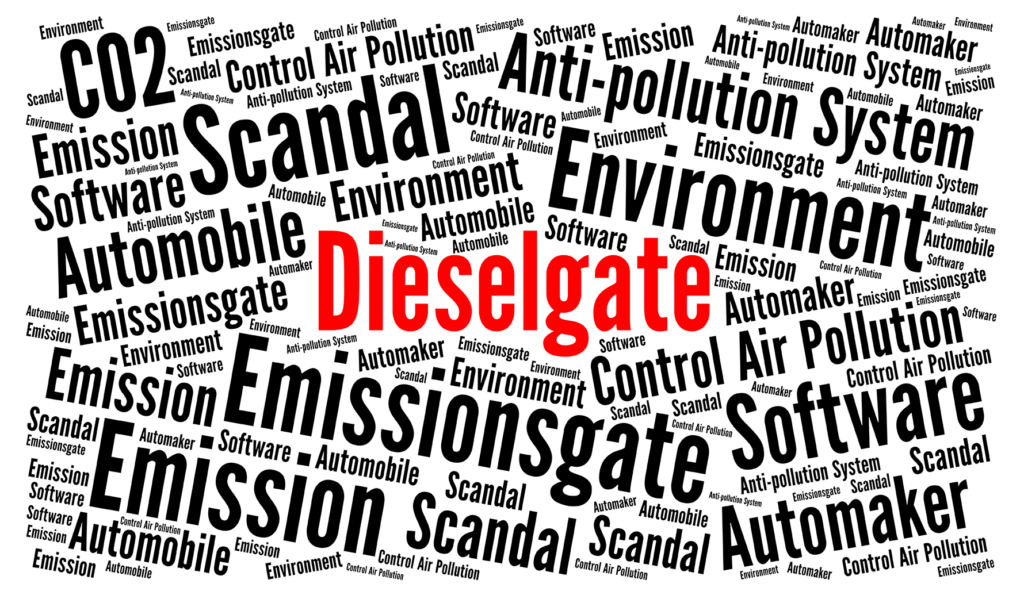Nearly a decade after Volkswagen’s “dieselgate” scandal rocked the automotive industry, a new wave of scrutiny is sweeping across multiple car manufacturers. The UK government’s Department for Transport (DfT) has launched an investigation into “defeat devices” suspected of hiding the true emissions of 47 car models from 11 manufacturers.
As concerns mount, UK drivers could face vehicle recalls, health consequences, and may even be eligible for potential compensation.
What Are Defeat Devices and Why Are They Problematic?
Defeat devices are software features or components that lower emissions during tests but allow vehicles to release higher pollutants during everyday driving. Volkswagen’s use of these devices, exposed in 2015, was the start of a scandal that has since evolved into a broader “Dieselgate” crisis, impacting not only VW but potentially millions of diesel vehicles across other brands. These devices benefit car owners with better fuel consumption, power, and reliability, yet at the expense of higher nitrogen dioxide (NO₂) emissions – a gas linked to respiratory issues, heart conditions, and stunted lung growth in children.
The DfT Investigation: What We Know
ClientEarth, an environmental law group, initiated a legal complaint last year urging a more comprehensive investigation. In response, the DfT has started probing diesel cars registered between 2009 and 2019, initially focusing on 47 specific models but acknowledging that as many as 200 models could be implicated. Research hints at the possibility of two to six million UK cars containing defeat devices, a substantial figure that could mean significant pollution over the years.
However, the specific models being investigated remain undisclosed, leaving UK car owners in suspense. The DfT faces additional pressure to act swiftly; last year, the European Court of Justice ruled that owners of affected vehicles may be eligible for compensation. As a result, UK car owners may have grounds to pursue claims should their vehicles be fitted with these deceptive devices.
If your business buys, sells, repairs or modifies vehicles then Plan Insurance Brokers can source a tailored Motor Trade insurance policy for you. If you have any more questions or would like a quote call our expert team, request a call back or fill in a quote form.
What’s at Stake?
If the investigation confirms the widespread use of defeat devices, manufacturers could be required to recall affected vehicles and bear the cost of updating them to meet emissions standards. However, as Nick Molden from Emissions Analytics explains, “the twist is the diesel cars are better for their owners with the defeat devices working.” Removing these devices could impact fuel economy, power, and the overall convenience of driving, which may lead to compensation claims from disgruntled drivers.
The automotive industry is already grappling with the costs of meeting electric vehicle targets and may face additional strain if forced to address diesel emissions’ deceit. Furthermore, car manufacturers could face legal claims from thousands of affected owners. This scenario mirrors the outcome for Volkswagen in 2022 when the company paid £193 million to over 90,000 UK drivers impacted by the original Dieselgate scandal.
Environmental and Health Impacts
The scale of the potential impact on public health is hard to ignore. Diesel vehicles emit NO₂, a harmful gas linked to several health issues, including stunted lung growth in children, cardiovascular disease, and respiratory problems. The DfT is assessing how much additional pollution has been generated from diesel cars with defeat devices in place, a step towards understanding the full extent of the scandal.
Could This Be Another Win for Car Owners?
The investigation’s fallout might work in favour of UK car owners. If car recalls proceed, owners won’t shoulder the costs of repairs – those would fall to the manufacturers. Additionally, the potential for compensation claims provides a path for affected drivers to seek justice for the health and environmental impact of these deceptive devices.
Where Do We Go From Here?
Despite the 2021 Environment Act, which could give the government power to enforce recalls, there is currently no legal framework in place to compel car manufacturers to issue recalls. The DfT’s investigation is ongoing, and as former Conservative minister Rory Stewart commented, this issue demonstrates the importance of prioritising public health over industry interests.
So, it’s worth staying updated if you’re a diesel car owner. As the investigation progresses, more cars could be added to the list, with recall notices potentially on the way. One thing is clear: “Dieselgate” is far from over.
Find out why 96% of our customers have rated us 4 stars or higher, by reading our reviews on Feefo.


